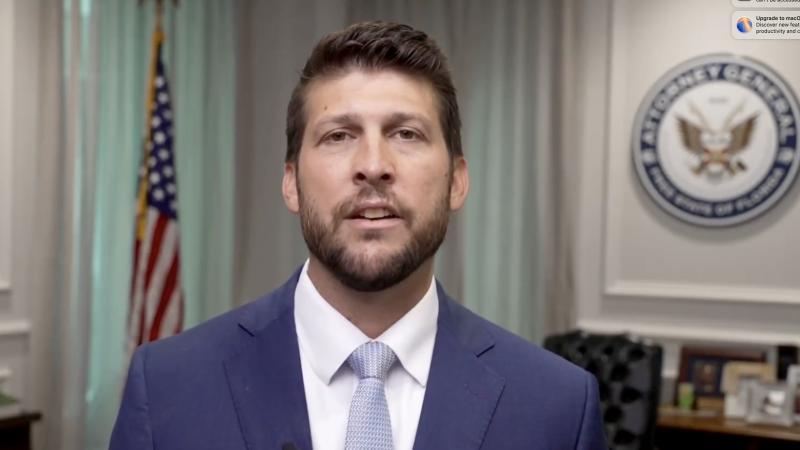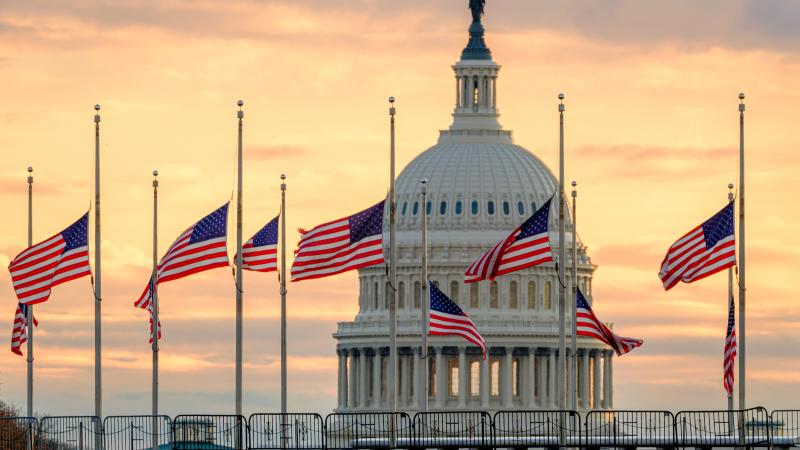Murphy signs measures to end most of New Jersey’s public health emergency in 30 days
Public health emergency order had been in place since March 9, 2020.
Gov. Phil Murphy signed into law a measure ending the COVID-19 public health emergency that has been in place in New Jersey since March 9, 2020.
Under the legislation Murphy signed, most executive orders issued under the public health emergency will expire in 30 days. However, the legislation keeps 14 executive orders in place until Jan. 1, and Murphy can modify or rescind the orders before their expiration.
“Today’s lifting of the COVID-19 Public Health Emergency is a clear and decisive step on the path toward normalcy,” Murphy said. “The past 15 months have been a challenge, and I thank every New Jerseyan who stayed home, masked up, took precautions to keep this virus in check, and got vaccinated for allowing us to get to this point.”
Republicans have blasted the process as partisan and rushed and say the bill repeals the public health emergency in name only. They also criticized the lack of legislative and public input on the bill.
Under the measure, Murphy can issue orders, directives and waivers related to various initiatives to stop the spread of COVID-19, such as testing, vaccination efforts, implementing CDC recommendations and data collection, retention, sharing and access. The authority lasts until Jan. 11, but lawmakers can pass a concurrent resolution to extend the authority for 90 additional days.
The measure also extends administrative orders, directives and waivers issued under the public health emergency, including Department of Health orders governing vaccinations and testing, until Jan. 11. Lawmakers can grant a 90-day extension of the orders by passing a concurrent resolution.
Additionally, civil and criminal immunity given to health care professionals and facilities and existing waivers of regulations involving staffing and vacation time will expire Sept. 1. However, civil immunity for health care professionals continues beyond Sept. 1 for anyone conducting COVID-19 vaccinations or testing.
The legislation also restores the previous seven-day requirement for Open Public Records Act (OPRA) responses for records unrelated to the COVID-19 response.
“The bill … might claim to curb the Governor’s powers, but it fails to do so in many key areas,” Sen. Declan O’Scanlon, R-Monmouth, said in a statement following Thursday’s vote to approve the measure.
“OPRA requests pertaining to the pandemic are still off-limits, muting the legislative, media, and public examination of the administration’s policies,” O’Scanlon added. “Including those policies that led to so many deaths in nursing homes, the needless devastation of countless businesses, and all other aspects of the pandemic response.”













